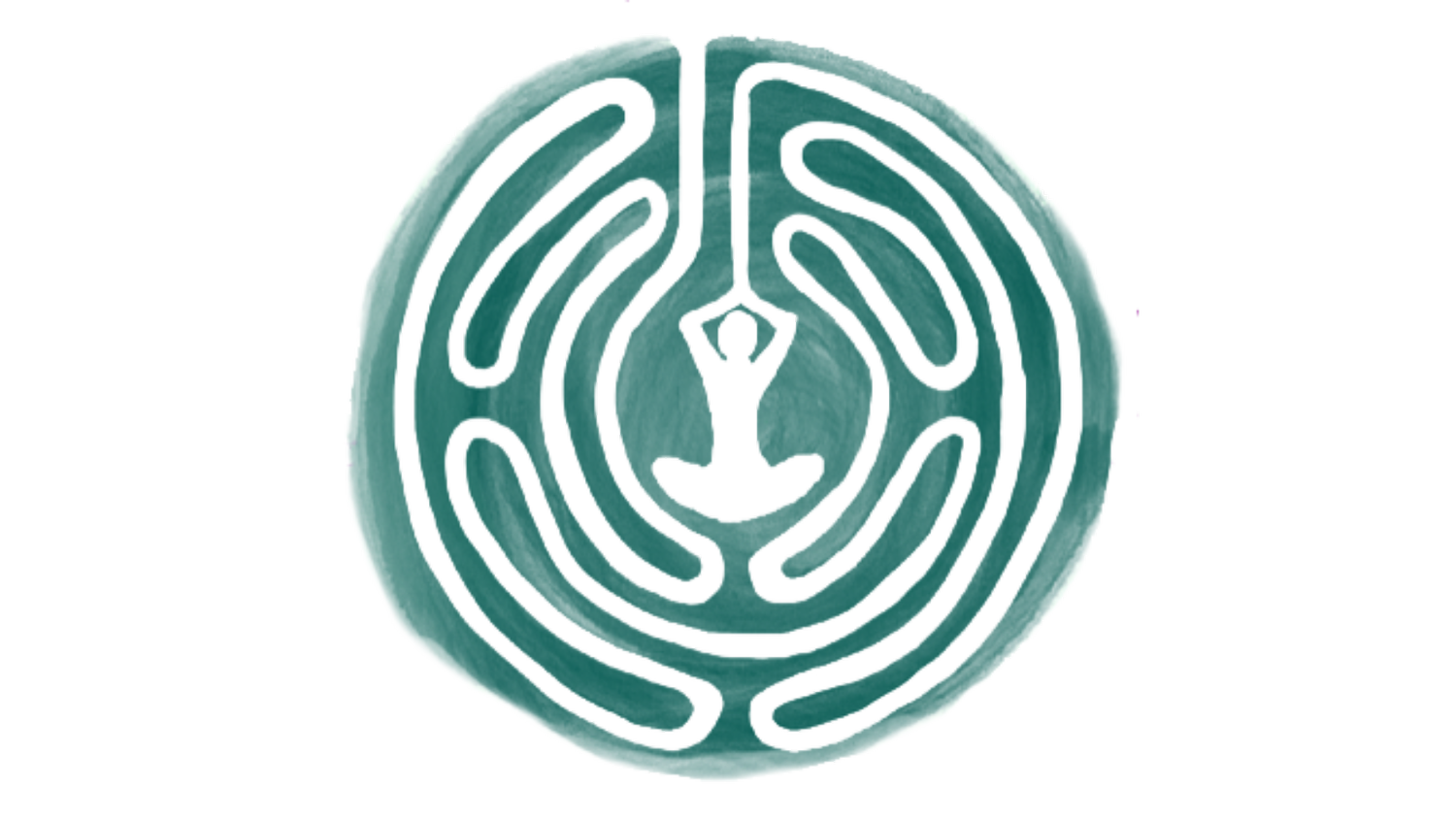Revisiting Advent as a Practice for Unprecedented Times
The word “unprecedented” has become a top buzz word for 2020 for a variety of obvious reasons and their culminating impact and magnitude. However, there have been other periods in history with similar magnitude, such as the Middle Ages, out of which was born the liturgical season and spiritual practices of Advent. The word Advent comes from the Latin meaning “coming or arrival.” In the New Testament Greek, Advent can be translated as parousia meaning “presence or second coming.” Advent began around the 5th century during the Middle Ages, sometimes referred to as the Dark Ages because it was a time when the Roman Empire fell, political unrest ensued and war broke out. People struggled to establish a sense of humane order. Faced with such a societal and humanitarian crisis, the church decreed Advent as a way to draw people to God’s promises, appealing to those who were spiritually lost as well as reaching out to new converts. The spiritual practices of fasting, prayer and waiting expectantly were active ways to unite people around remembering the Incarnation and anticipating the second coming of Christ.
More recently, Advent has become a journey of expectant waiting that culminates in the celebration of the birth of Jesus at Christmas, the Word becoming flesh and living among us, coming to us to be with us, Emmanuel. Fr. Tom Ryan describes the “Word Became Flesh, Incarnation” as Christ in the past, Christ in the future and Christ with us now. In a recent keynote for Yogadevotion’s first virtual retreat he reminded us that we see Christ in the past as witnessed in the Hebrew biblical prophecies. Christ in the future as the promise fulfilled in the Incarnation, with future expectation, in the New Testament. Christ with us now by the power of the Holy Breath, which is the place we meet God in the moment.
In my own Lutheran tradition, we light candles on each Sunday of Advent. Four candles symbolize the themes of hope, peace, joy and love. On Christmas Day we light the Christ candle. Martin Luther believed the Bible was the cradle in which Christ was laid. Born of Luther’s idea, the spiritual practice of lighting a candle, reading scripture from the Old Testament and the New Testament, then pausing in the “cradle of our breath” is an Advent spiritual practice that guides our waiting.
“Practice” is an interesting intersection between yoga philosophy and Christian theology, really with many world religions. In the sacred texts of yoga philosophy, the Sutras of Patanjali, it is written, “By faith, by vigor or courage, by memory of having experienced the Self and through the deep state of equanimity, a state of heightened awareness is gained” (Sutra 20). Patanjali essentially taught all yoga is a matter of managing our vritti, or mind chatter, so that we may focus on the object of our faith and devotion. Yoga practices emphasizes breath and repetition as a way to manage mind chatter. The Christian religious traditions of contemplative and centering prayer, as well as lectio divina, incorporate breath and repetition as a way to focus our attention on the object of our faith, God. Returning to these spiritual practices during Advent sharpens our focus on God: the Word becoming flesh and living among us, coming to us to be with us, Emmanuel. They prepare us to know, with our whole being, that God is with us not only in the past and the future, but now, in our holy breath. A regular yoga practice of breath and repetition that finds intersections with Christian theology around the season and spiritual practices of Advent has a distinctive ability to strengthen faith in those who participate.
An Invitation to Worship
This advent I am presented with the unique opportunity to gather people outside of my local area to journey with all of us at Yogadevotion in the season of Advent. I will be offering Wednesday evening Candlelight worship at 7:00 PM CST via zoom, beginning December 2. Worship will include candle lighting, scripture readings from the both the Hebrew bible and the New Testament, poems, music and contemplative practices all wrapped in a gentle Yogadevotion movement practice. People of all Christian backgrounds and denominations are welcomed into this season of hopeful waiting.
I founded Yogadevotion in 1999 as an organic response to a deeply profound experience of God’s Presence following a vinyasa yoga class. This practice was shared in my faith community and has grown to be a mutual blessing for all our students, instructors and the communities we are invited into. Some call it a time of prayer, some a time of worship, some a time to simply be present to God in a new way, and experience an increased sense of God’s Presence in the midst of busy lives. I hope you will consider joining me in this unprecedented time as we wait in joyful hope - together.
To register and receive a zoom link, click here. A freewill offering is available. I know many are experiencing financial hardships. Do not feel obligated to financially contribute. If you do, we will be donating the offering to a local food shelf.
